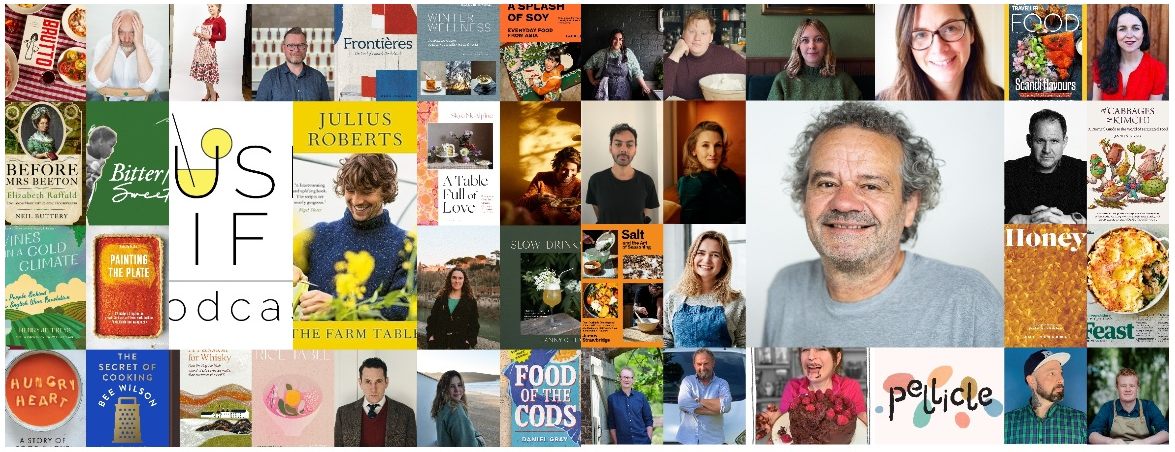The Food Briefing: August 2020
Boris Johnson personally announced the UK’s new obesity strategy with his own tale of weight loss since recovering from Covid-19. The strategy includes regulatory steps that ban the promotion of foods high in fat, sugar or salt before the 9pm watershed and removes the same products from 2-for-1 offers. Controversially, calorie information is to be added to restaurant menus, alongside a national healthy lifestyle information campaign. Read more here…
A few days later, Henry Dimbleby launched part one of the National Food Strategy. Initial impressions suggest the report is a thorough and well-rounded understanding of UK culture and our food system. Dimbleby took pause when Covid-19 unfurled and quickly incorporated lessons from the pandemic into the report, such as health and social inequalities, which are linked the severity of the disease. Brexit food standards and the role of businesses in our physical and mental health are also tackled. Part 2 follows in 2021, at which point the government will respond formally. Read more (and watch the short animation) here…
Chatham House in London also released a report that makes the case for healthy nutrition being a benefit for both personal health and the economy. Cost models estimate that malnutrition (which includes underweight and overweight) could be incurring costs up to $850bn per annum in low and middle income countries. This information supports the need for large businesses to take an active role in supporting healthy diets. Read more here…
Find more food issues-related information from @GavinWren on Twitter.



